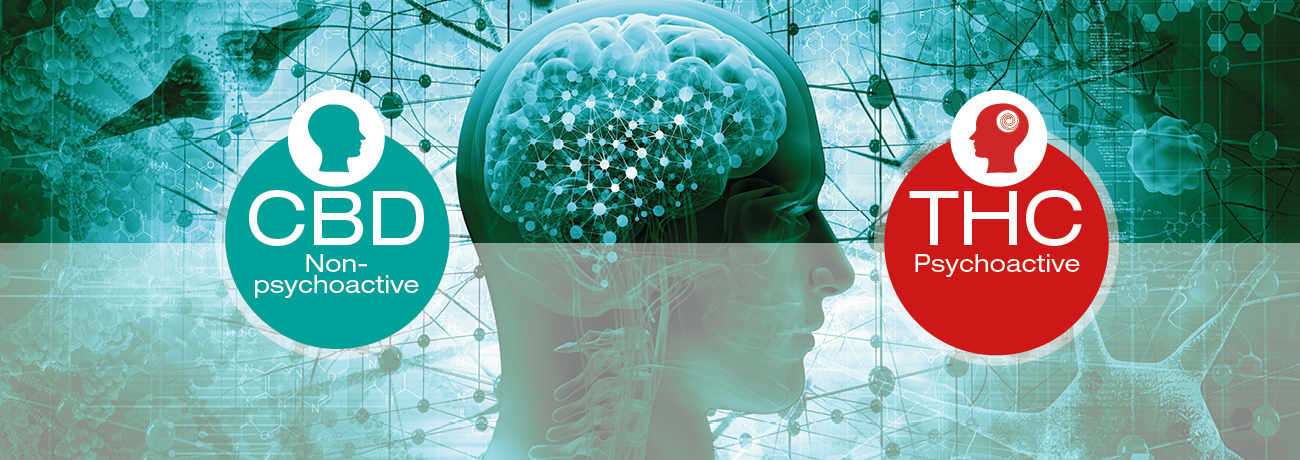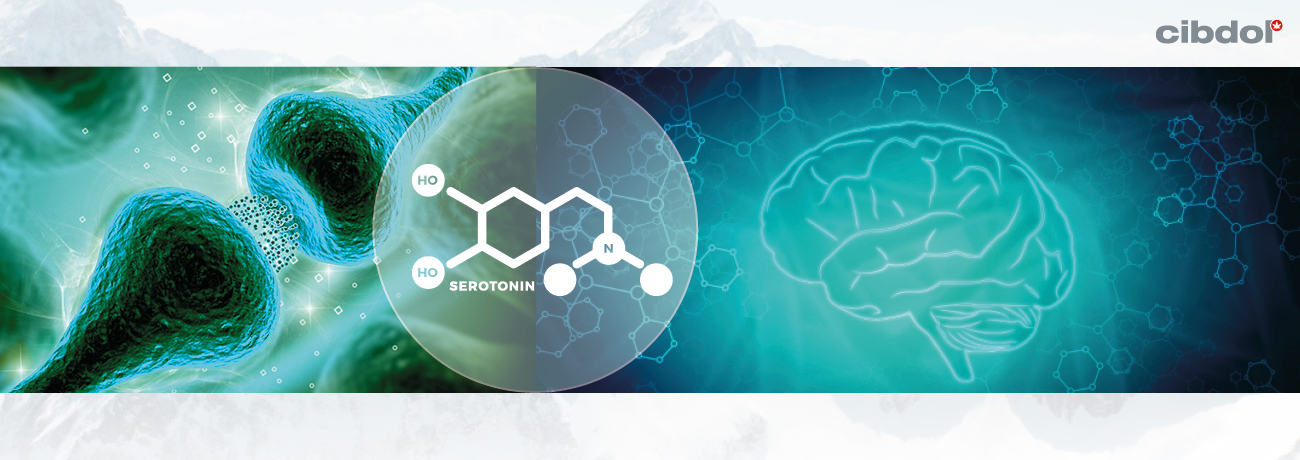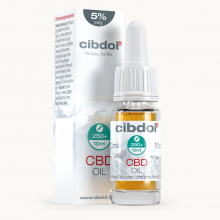Is CBD Psychoactive?

When searching for CBD products, most websites will list the compound as “non-psychoactive”, because “psychoactive” is a popular term used to describe the effects of marijuana and THC. Keep reading to find out if CBD really is non-psychoactive.
Contents:
Psychoactive versus psychotropic
By defining CBD as non-psychoactive, it helps to position the compound as the safer option and distance it from cannabis, which is still illegal throughout much of the world.
In reality, however, the distinction between psychoactive and non-psychoactive is not as straightforward as it appears. There's also another term we need to consider—psychotropic. Both psychoactive and psychotropic describe how a substance changes the way we think and feel. But, it's the slight variation between these two terms that could alter the proper description of CBD.
This becomes easier to understand once we look at the definitions of both terms:
• Psychotropic: “Denoting drugs that affect a person's mental state”.
Psychotropic substances affect our mental state, our sense of reality, and our perception of the world. Although it's a term that can refer to prescription drugs, it's most commonly used to describe recreational drugs.
• Psychoactive: “A substance affecting the mind”.
The term “psychoactive” implies a substance that affects the mind, and while this can have negative repercussions, there are dozens of psychoactive foods and compounds that we consume daily without risk. Just because something can alter our mind doesn't necessarily mean that the effect is dangerous or undesirable.
Psychoactive substances are more common than you think
It may be hard to believe, but something we all eat and enjoy regularly contains psychoactive compounds. We are, of course, talking about chocolate! Specifically dark chocolate, but chocolate nonetheless.
Cacao (the raw seeds from which chocolate is derived) is one of the most popular food products on the planet. And because the compounds within it can reduce tension—this makes chocolate a psychoactive substance. But what about CBD?
How does CBD affect the mind?
The example of chocolate as a psychoactive substance was provided on purpose. Both the sweet treat and CBD share a common trait—their activation of serotonin receptors (5-HT).
If you've ever wondered why eating chocolate makes you feel so good, the answer is serotonin—a neurotransmitter responsible for transporting signals to different areas of the brain. It is believed to help regulate the mood, as low levels of serotonin are associated with various harmful psychological conditions. And preclinical evidence[1] suggests that CBD may have a similar effect.
Working along the same lines as chocolate, CBD is thought to influence serotonin receptors and help in the regulation of tension, uneasiness and low mood. Obviously, with any mechanism involving sophisticated neurochemicals, there are a lot of variables to explore. Researchers are keen to understand the full scope of the interaction between CBD and 5-HT receptors, with studies underway.

Is CBD really psychoactive?
With an understanding of how CBD might influence the mind, we now come back to the original question: Is CBD psychoactive?
Yes, based on current evidence, CBD can be classed as psychoactive. And, although there's still a lot we don't know about the effects of the cannabinoid, it's believed to have a promising future, helping various mood-related conditions.
Like chocolate, CBD can positively affect our mind, just as a psychoactive substance should. However, we haven't based CBD’s comparison to chocolate purely on the interaction with serotonin receptors. Both compounds are likely to have adverse effects when taken in excess. Even substances that are good for our health need a balanced approach, especially as part of a healthy lifestyle.
If you want to experience the therapeutic qualities of CBD for yourself, why not browse the Cibdol store for a complete selection of CBD oils, capsules, cosmetics and supplements. Or, if you still have more questions about CBD and how it affects the mind, explore our CBD Encyclopedia for a series of beginner-friendly guides and articles.
[1] de Gregorio, D., McLaughlin, R. J., Posa, L., Ochoa-Sanchez, R., Enns, J., Lopez-Canul, M., Aboud, M., Maione, S., Comai, S., & Gobbi, G. (2019). Cannabidiol modulates serotonergic transmission and reverses both allodynia and anxiety-like behavior in a model of neuropathic pain. NCBI. https://www.ncbi.nlm.nih.gov/pmc/articles/PMC6319597/ [Source]













